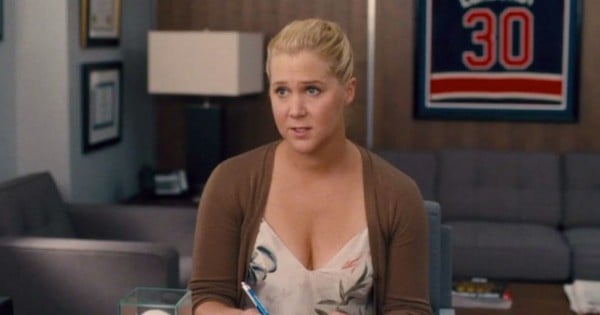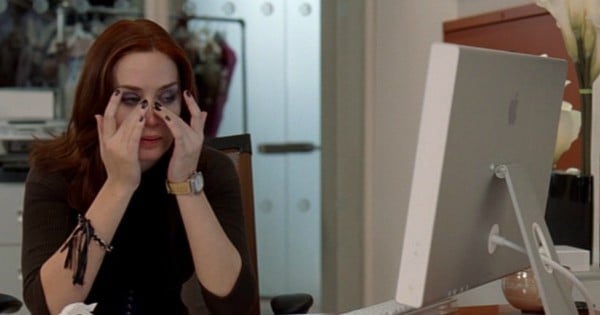
“Don’t cry at work. If you are upset, go home and cry in the shower.”
This was the advice I once gave a female colleague when she was going through a hard time, leaking tears all over our Excel spreadsheets. It was 2006 and we were climbing the management consulting ladder. To be successful, I felt we should come to the office with both our suits and emotions steam pressed.
Since then, I’ve changed my attitude. Over the past few years I’ve unapologetically kept a dating blog while in a public facing role leading client relationships. Vulnerability became part of my professionalism and I let failure and emotion wrinkle around me like a linen suit in the summer time. Online — for everyone to see. The dirtier my laundry, the sweeter the deals?
When a friend read my last post on “Leaving Perfection”, he was concerned. “Are you sure you want to be that vulnerable online? You’re a leader in a well known design firm. Isn’t your open writing style bad for business?”
Would revealing emotions cause others to doubt my professional ability?
Would I forgo the trust I had established with clients?
My answer? Hell, no.
Over the years I have found that being vulnerable leads to much greater business success than staying buttoned up.
Here’s why…
Camaraderie: Colleagues know you are human.
When I first started working at IDEO as a business development lead, I walked around with a nervous twitch. The twitch was caused by a hunger to be productive and a desperate need to prove I could “make shit happen.” It was often mistaken for a case of Tourette’s Syndrome.





























































































